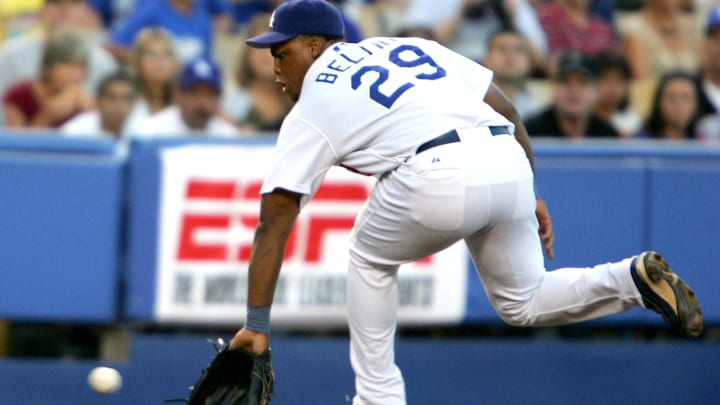Dansby Swanson, Chicago Cubs
The Wrigley Factor must be very strong with this one.
If Swanson's going to make a mid-career leap, he'll have his durability -- and the friendly confines in which he plays his home games -- to thank.
The former No. 1 pick's credentials are a bit different than Beltre's. Beltre went under the radar for much of his supposed "prime" years, smoothly gliding along until one day the whole world realized he'd unlocked himself. Swanson? There's nothing silent about him. He's got the intangible edge on Beltre already, having been given leadership badges for his work in Atlanta, culminating in a world championship.
Swanson will turn 30 by the time the regular season rolls around, and his most recent two seasons have been his best, resulting in a pair of Gold Gloves, two top-20 MVP finishes, and 20+ homers, something he's now accomplished three consecutive seasons (for the only three times in his career).
Considering we're attempting to project a second occurrence of a nearly unprecedented mid-career leap, logic is off the table. But if Swanson can ride the wind currents to 30+ homers for the next three seasons and becomes one of baseball's iconic figures in a few Cubs postseason runs, he might just have what it takes.
